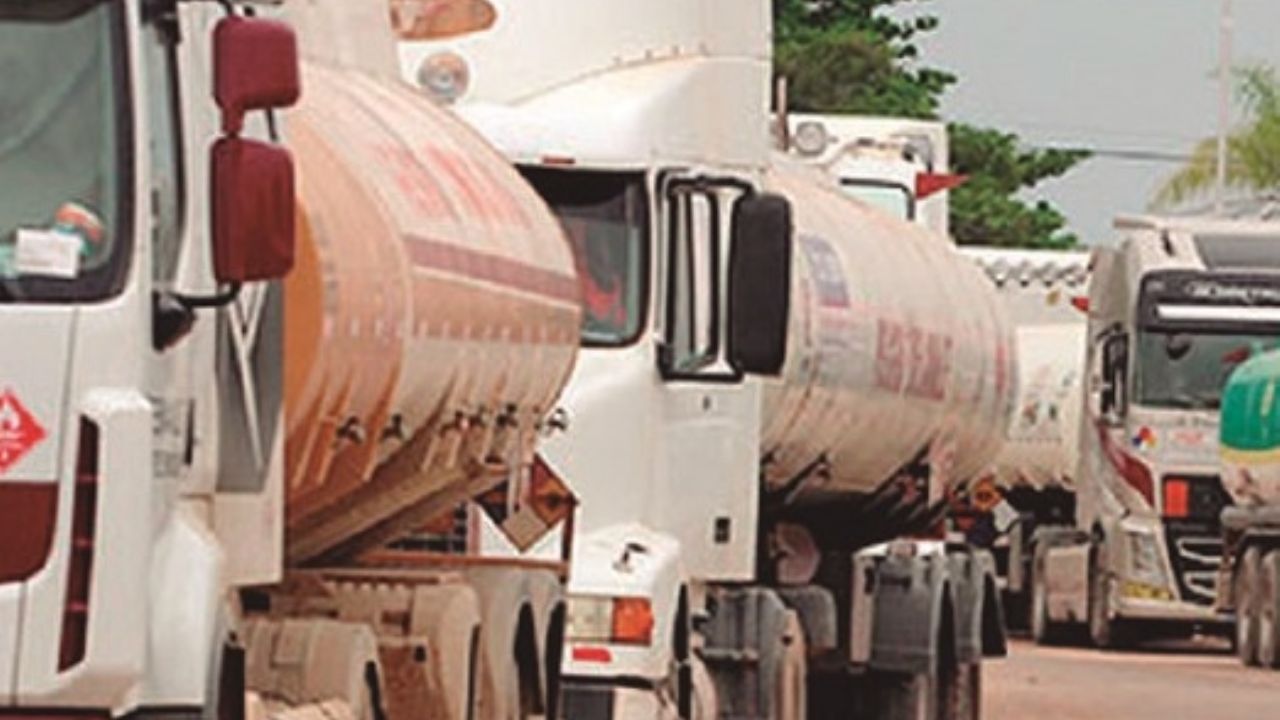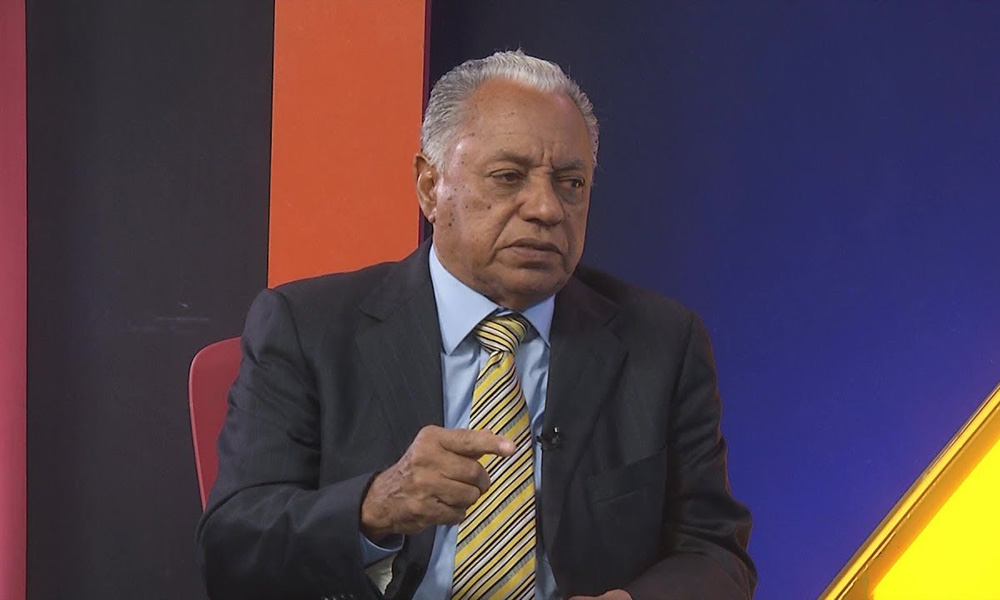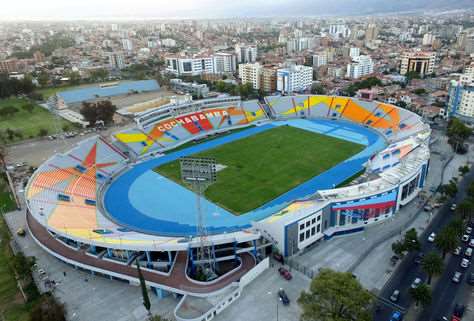Page Seven / La Paz
After an atypical year due to the pandemic, imports of gasoline and diesel increased due to the fall in the production of liquids in recent years. Until September, purchases reached 1,158.7 million dollars, equivalent to the levels of 2018.
For the experts, this is the product of the decline in producing fields since 2014 and, from an economic point of view, this bill has an impact on the Net International Reserves (RIN), the subsidy and the fiscal deficit.
Figures from the National Institute of Statistics (INE), prepared by the Bolivian Institute of Foreign Trade (IBCE) reveal that gasoline purchases from abroad in September amounted to 356 million dollars.
In 2018, imports totaled 354 million dollars and the following year they rose to 569.9 million dollars and last year, due to the covid pandemic and quarantines and less vehicle traffic, this value dropped to 157.8 million dollars. .
Diesel purchases in 2018 totaled 896.8 million dollars, in 2019, they were 912.7 million dollars and, in 2020, they fell to 706.3 million. This year, the value amounts to $ 802.6 million.
The analyst of the hydrocarbon sector of the Millennium Foundation Raúl Velásquez said that more diesel and gasoline are imported because there has been less production of condensate associated with gas and liquid for six years.
In 2015, 63,085 barrels of liquids were produced and that dropped to 45,290 barrels in 2019 and to 41,660 barrels last year.
He explained that the oil fields in Cochabamba and Chuquisaca decreased their production for more than 10 years and there are no incentives in favor of the companies since in 2004 the price of the barrel that they are paid was set at $ 27.
The other problem, he said, is the current tax regime because all fields, regardless of whether they are new or old, pay 50% in royalties and taxes.
The Jubilee Foundation insists on the need for a new law that adjusts structural problems in order to advance in the change of the energy matrix, which depends on 95% of fossil fuels.
Velásquez indicated that electromobility should be debated, since in flat cities incentives should be generated for electric cars, since there are surpluses in electricity generation.
The former president of the Central Bank of Bolivia (BCB) Juan Antonio Morales said that the figure of 1,158.7 million dollars in imports has a direct effect on the Net International Reserves (RIN), which must be used to pay the bill.
It coincided that the production of gas and liquids stagnated and does not accompany the improvement in oil prices.
“The net effect of gas export earnings minus fuel import spending is $ 500. The increase in the price of oil benefits us in sales, but penalizes us in purchases because more must be paid. The problem is production, ”Morales observed.
The other effect for the country, according to Morales, is that with higher imports the fuel subsidy increases and this raises the fiscal deficit.
“The country must make efforts to increase production and not be in this situation that can worsen at the cost of a higher invoice for imports,” he said.
With the drop in natural gas production in recent years, the supply of condensate and oil also declined.
Demand and supply
-
Expansion The Hydrocarbons Ministry projected that this year the demand for diesel oil, special gasoline and liquefied petroleum gas (LPG) would increase by 22.1%, 24.4% and 35.2% respectively.
-
Offer In its initial public accountability report this year, that State portfolio reported that in 2019 the production of liquids reached 45,290 barrels per day (BDP), but in 2020 the supply fell to 41,660 BDP.
-
Projection This year it is expected to reach 42,280 BPD, according to the projection of the Ministry. This offer does not reach the level of the production of a year before the pandemic and less that of past years.








